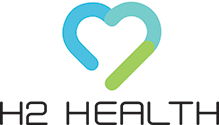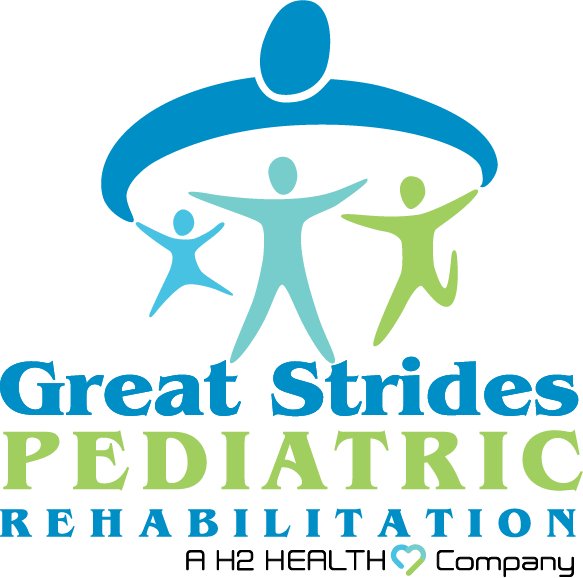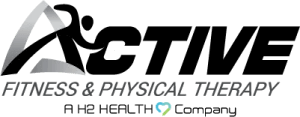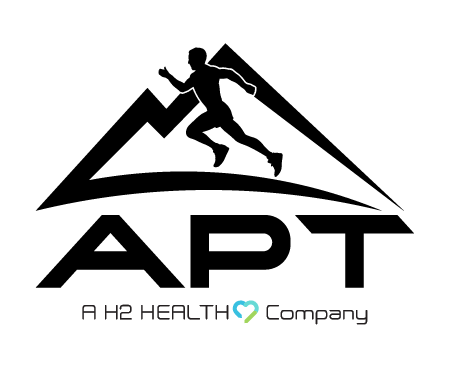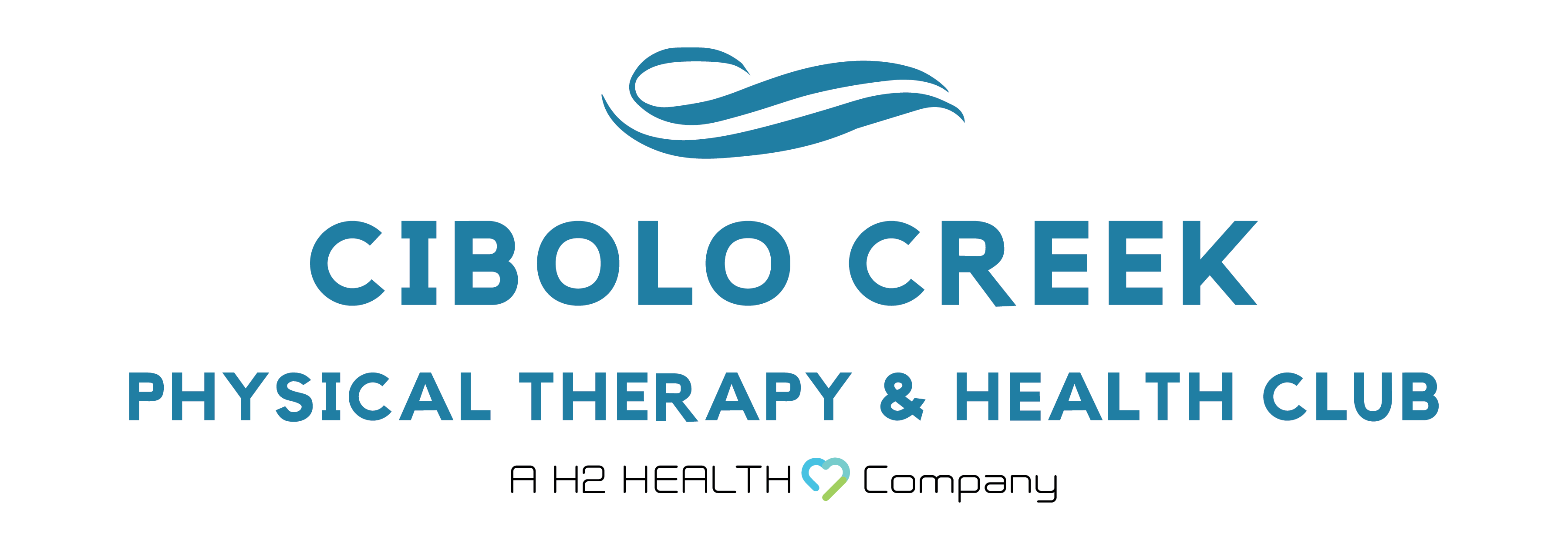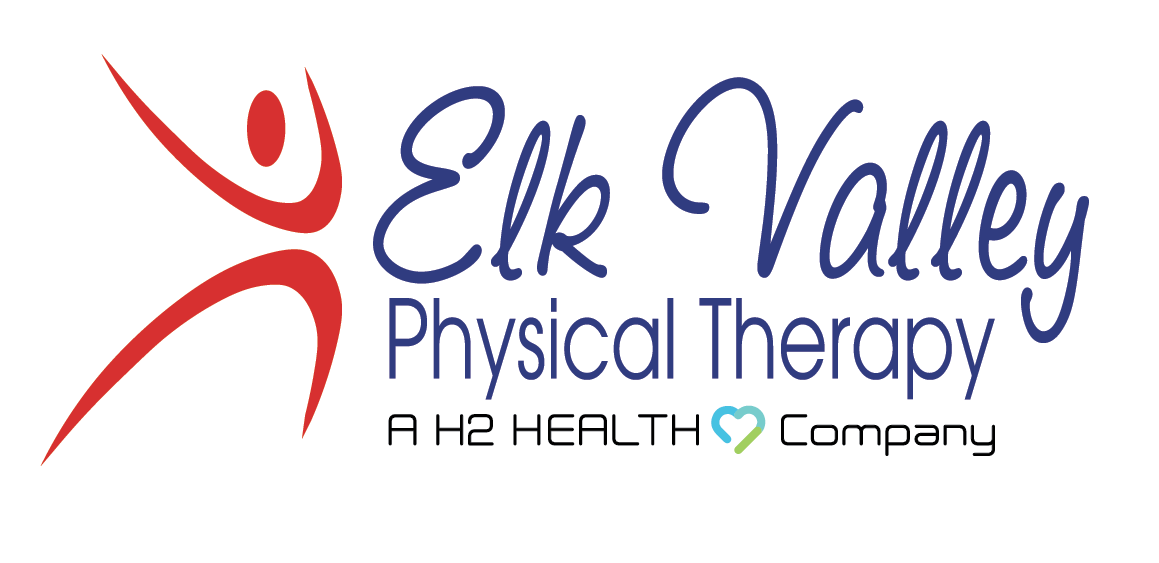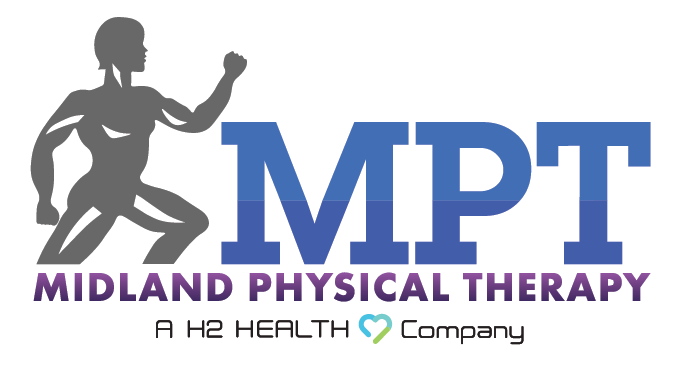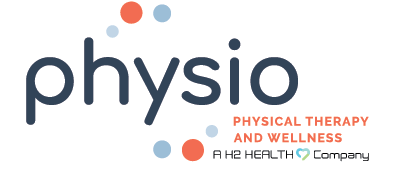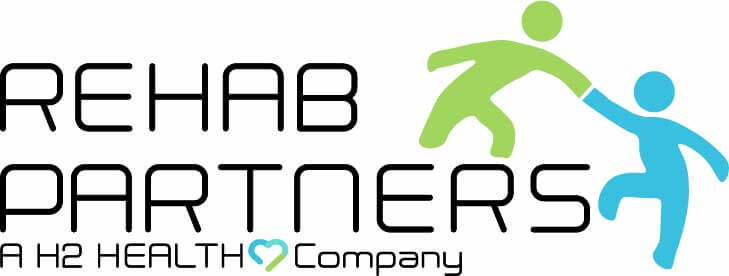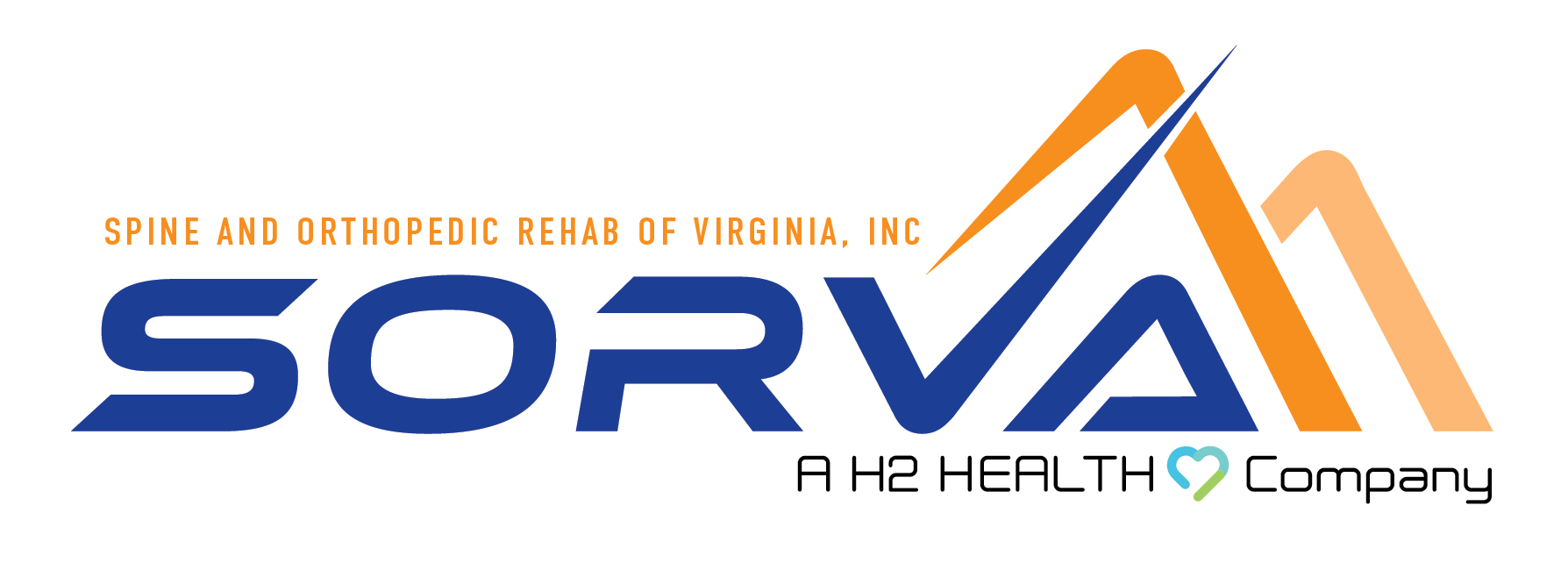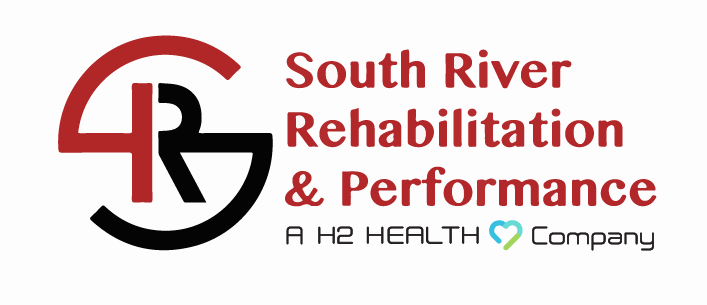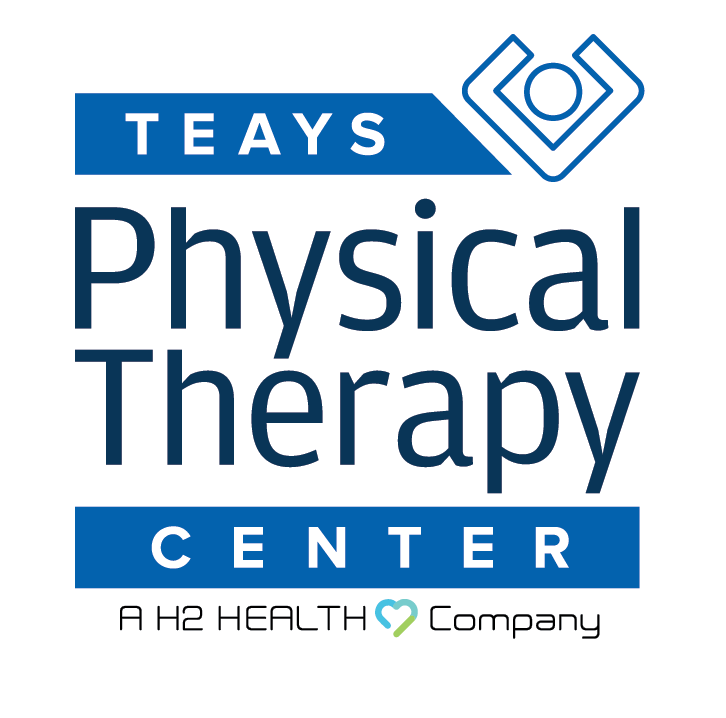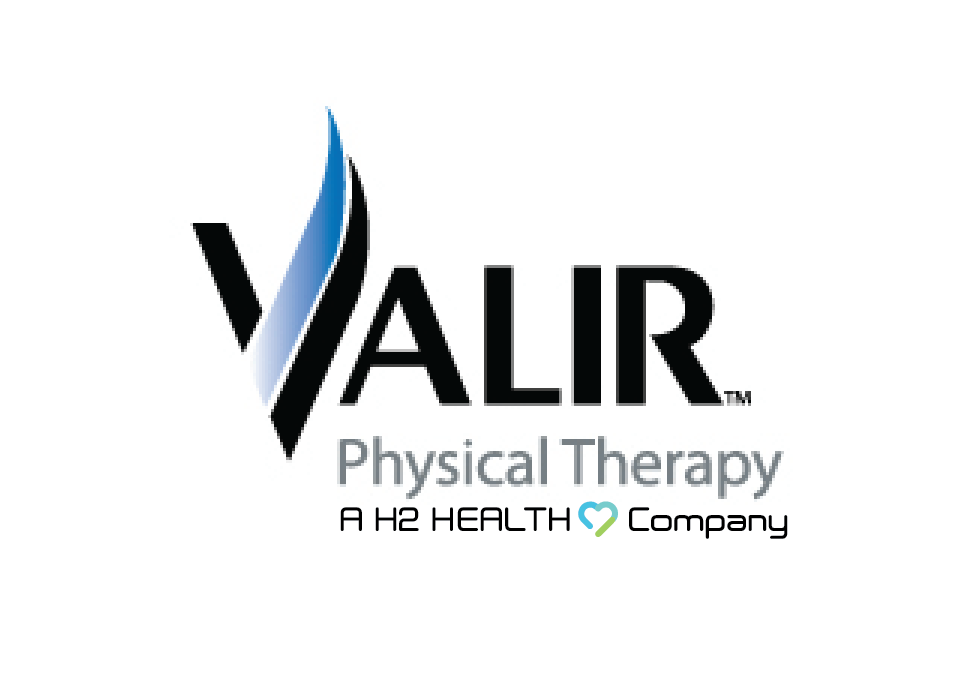Pre & Post Natal Therapy

Physical therapy plays a crucial role in supporting women during pregnancy and aiding in postpartum recovery. For expectant mothers, physical therapists employ specialized techniques to alleviate common discomforts such as lower back pain, pelvic girdle pain, and postural issues. Additionally, physical therapy can offer guidance on proper body mechanics and ergonomics to prevent strain.
Postpartum, physical therapy becomes an integral part of the recovery process. Therapists address issues such as weakened pelvic floor muscles and abdominal separation, employing exercises tailored to rebuild core strength and stability. These interventions not only assist in regaining pre-pregnancy fitness but also play a pivotal role in preventing long-term musculoskeletal issues.
Not all locations provide pelvic health therapy. Click here to find your closest clinic and the services they offer.
How We Help During Pregnancy
Urinary incontinence refers to the leaking of urine without the intention of voiding. It occurs due many reasons, but the most common one is stress incontinence. Stress incontinence occurs when the pelvic muscles (external urethral sphincter, etc.) aren’t strong enough to hold the urine in the bladder. Women can often suffer from incontinence as their pelvic muscles are relatively weaker and they are involved in normal childbirth. The normal birthing process frequently tears the pelvic muscles that function as the bladder valves, causing incontinence.
As expectant mothers undergo physiological changes, such as an increase in weight and a shift in the body's center of gravity, the lumbar spine and pelvic regions are particularly susceptible to strain. Physical therapists specializing in prenatal care employ targeted interventions to alleviate back pain, focusing on gentle exercises that enhance flexibility and strength. These exercises are designed to specifically support the changing demands on the body, promoting proper posture and alignment. Manual techniques, such as soft tissue mobilization and joint mobilization, may also be employed to reduce muscle tension and improve overall mobility. Moreover, physical therapists provide education on ergonomic principles and proper body mechanics, empowering pregnant women with tools to mitigate stress on the spine during daily activities. By tailoring interventions to the unique needs of pregnant individuals, physical therapy becomes an integral component in managing and relieving back pain, contributing to a more comfortable and physically resilient pregnancy experience.
By leveraging their expertise, therapists design customized exercise programs that take into account the unique physiological changes and individual needs of pregnant women. These programs typically include low-impact aerobic activities, flexibility exercises, and strength training tailored to the specific musculoskeletal challenges associated with pregnancy. Through ongoing assessment and modification, physical therapists ensure that exercises remain safe and suitable as the pregnancy progresses. Engaging in regular, supervised exercise during pregnancy can offer numerous benefits, including improved cardiovascular health, enhanced mood, and better weight management. Additionally, appropriate exercise can help alleviate common discomforts such as back pain and swelling, while promoting better posture and overall physical resilience. By fostering a proactive approach to fitness, physical therapists empower pregnant women to maintain a healthy lifestyle, contributing positively to their own well-being and that of their developing babies.
How We Help After Pregnancy
Urinary incontinence refers to the leaking of urine without the intention of voiding. It occurs due many reasons, but the most common one is stress incontinence. Stress incontinence occurs when the pelvic muscles (external urethral sphincter, etc.) aren’t strong enough to hold the urine in the bladder. Women can often suffer from incontinence as their pelvic muscles are relatively weaker and they are involved in normal childbirth. The normal birthing process frequently tears the pelvic muscles that function as the bladder valves, causing incontinence.
Following childbirth, women may experience a range of physical challenges, including weakened pelvic floor muscles, abdominal separation, and overall muscle fatigue. Skilled physical therapists develop personalized rehabilitation programs to address these specific issues and support the body's healing process. Therapeutic exercises, such as pelvic floor strengthening and gentle abdominal workouts, are incorporated to restore muscle tone and function. Manual techniques, like soft tissue mobilization, may be employed to alleviate residual pain or tension. Moreover, therapists offer guidance on proper body mechanics and postural habits, empowering new mothers to navigate daily activities with minimized strain. By providing comprehensive care tailored to the individual's needs, physical therapy not only accelerates recovery but also enhances overall postpartum well-being, facilitating a smoother transition into the demands of motherhood.
Following a C-section, women may face challenges such as abdominal muscle weakness, scar tissue formation, and limitations in mobility. Skilled physical therapists develop specialized rehabilitation programs to address these specific concerns and promote a smooth recovery. Targeted exercises focus on strengthening the abdominal muscles while taking into account the healing incision. Therapists also employ gentle stretching techniques to improve flexibility and reduce scar tissue adhesions. Additionally, manual therapies, like scar mobilization, may be used to enhance tissue mobility and minimize discomfort. Beyond physical exercises, therapists provide education on proper body mechanics and techniques for protecting the surgical site during daily activities. This comprehensive approach not only facilitates a faster recovery but also empowers women to regain confidence in their physical abilities post-C-section, promoting overall well-being and a more comfortable transition into the demands of motherhood.
Physical therapy is a vital component in addressing perineal pain, a common concern for women after giving birth. Following childbirth, especially vaginal deliveries, women may experience discomfort and soreness in the perineal area. Skilled physical therapists employ a multifaceted approach to alleviate perineal pain and facilitate healing. Techniques such as pelvic floor exercises are tailored to strengthen and relax the muscles in the perineal region, promoting improved circulation and reducing tension. Manual therapy, including gentle massage and soft tissue mobilization, helps alleviate muscle tightness and discomfort. Therapists also provide guidance on proper pelvic floor relaxation techniques, optimizing recovery and minimizing pain during daily activities. By offering targeted interventions and support, physical therapy becomes a crucial element in helping women manage perineal pain, fostering a more comfortable and expedited postpartum recovery process.
What to Expect
- The noninvasive treatment approach ensures you are comfortable and feel supported in your healing journey
- Holistic treatment plans
- Exercise program individualized based on your current status and ability
- Education focusing on how to support your health and motherhood
- Covered by most insurances
The H2 Health Family cares for all of its patients and values their privacy and discreet treatment. Our teams consist of licensed and specialized physical therapist with exceptional training in all things pregnancy and post pardum health. Check out your closest clinic's services and learn more!
